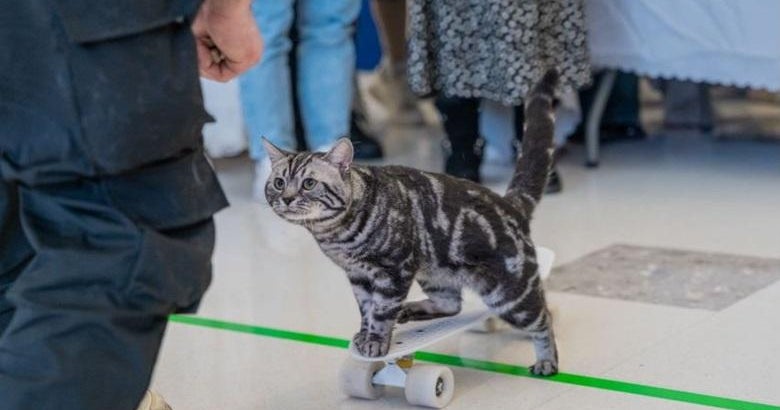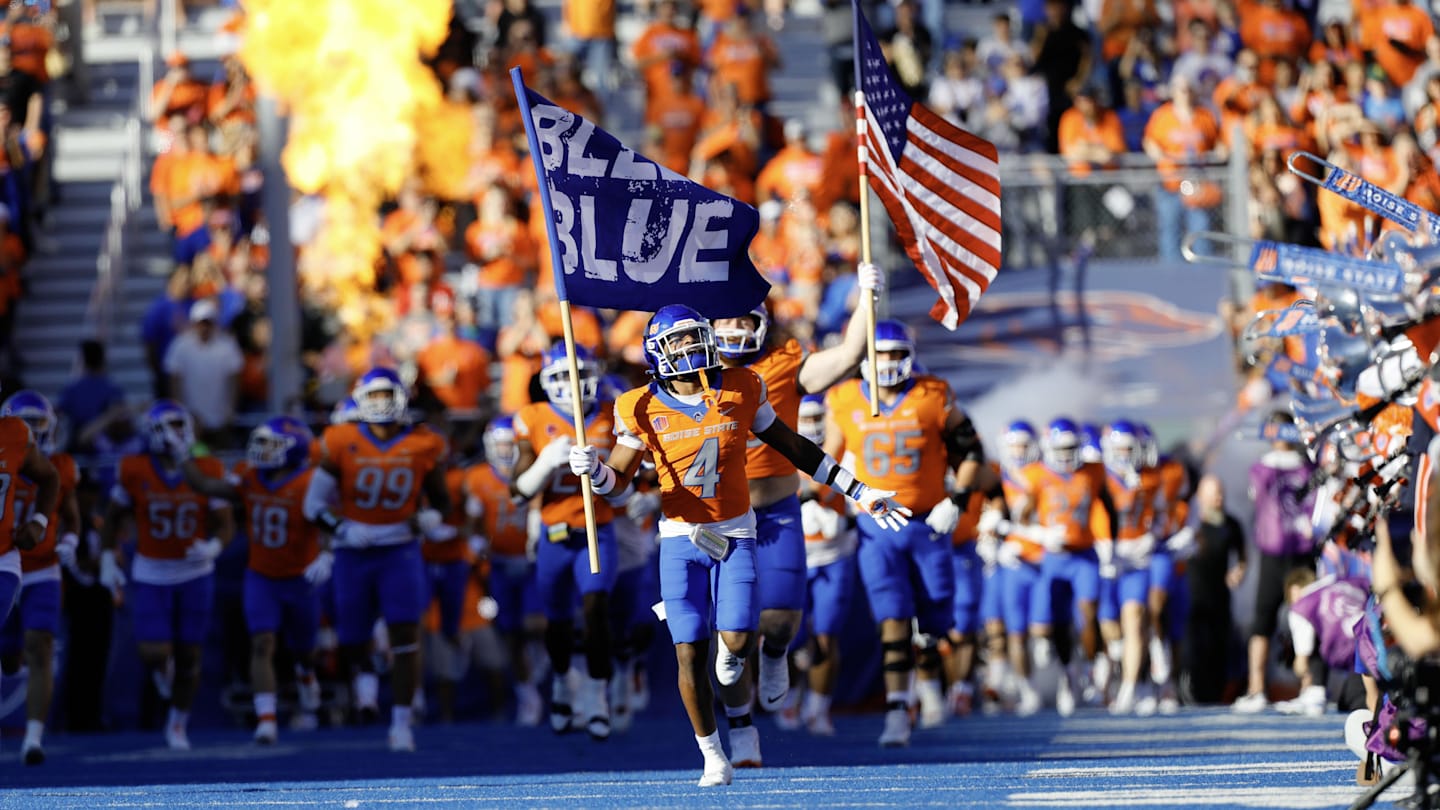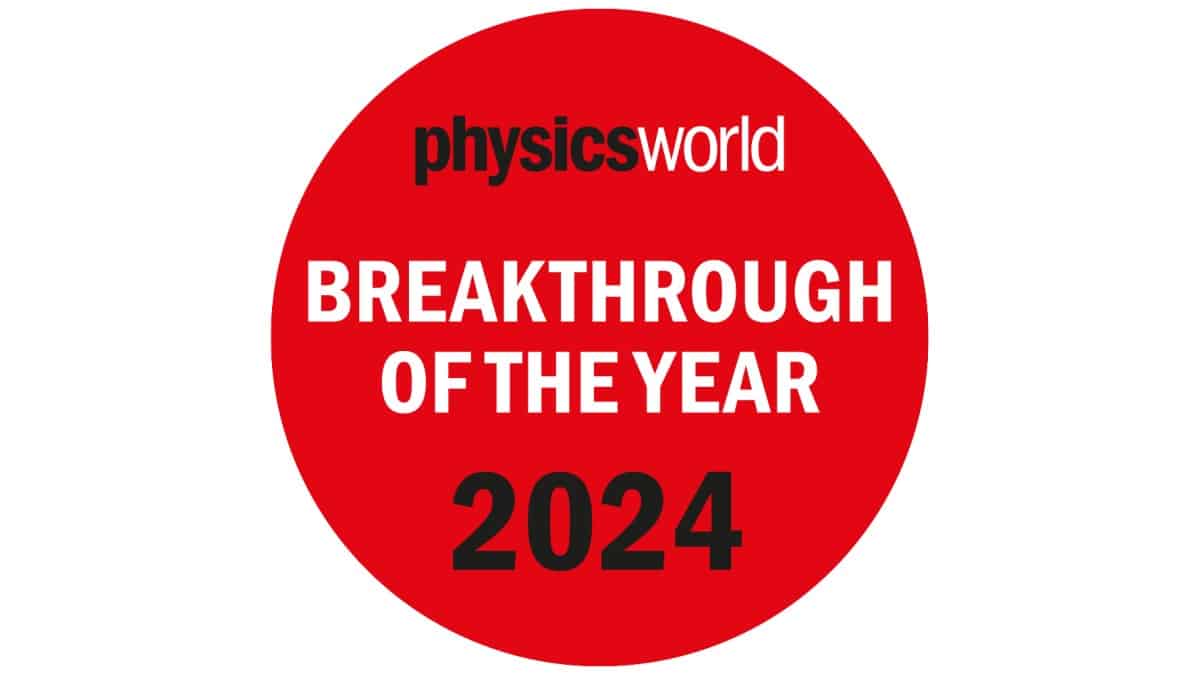Bussiness
Reimagining business success in Rhode Island communities – The Boston Globe

WOONSOCKET, R.I. — In three years, Nina Pande imagines this city will be bustling with a lively labor market. Assisted by the guidance of a new program funded by the federal government, a cohort of small businesses will receive legal, economic, technical, and marketing support.
Pande, founding executive director of Skills for Rhode Island’s Future, spearheaded the launch of the LocalBiz Resiliency Program, a collaborative effort between the Rhode Island Small Business Hub and Social Enterprise Greenhouse, two nonprofit social service agencies.
The program made its inaugural launch in Woonsocket, and has already expanded into Central Falls.
Q: How did the program come about?
Pande: The Rhode Island Small Business Hub launched in 2023, and was designed as a four-year project plan. We researched small businesses in Rhode Island and really recognized that they are the backbone of our local economy and are a great pathway to employment opportunities. The small business hub provides pretty hardcore business assistance services between legal services, marketing service, finance, accounting, data, IT, and human resources. Since we’ve launched, we’ve worked with almost 2,600 small businesses in less than 18 months. We started noticing some trends around small businesses and the fragile financial nature of them. From that, we started really looking at how we can strengthen small businesses that are living month to month. We piloted the LocalBiz Resiliency Program in Woonsocket and quickly started one in Central Falls, too.
What’s the first step?
One of the very first things we do is we focus on the business owner’s strength. We want to remind them why they are doing this. Every small business owner involved in the program starts with a strength-based assessment called the BP10 [Builder Profile 10]. Then we try to individualize support around where they need help. Many of these small businesses are linking their personal financials with their business financials, so when the business is in stress, the home life is also in stress. How do we teach them a way to separate those and help them get on a path to establish their business finances differently?
What kind of support is offered to businesses?
We have a cohort model where everyone comes to a group that teaches big themes and gets them comfortable with the concepts. In addition to the cohort model, we do provide one-on-one support and services that are customized to each business. If they are looking to purchase a property, they can meet with a lawyer. If they are looking at accounting practices, they’ll meet with our business and finance team. If they want to dip their toes into e-commerce, we have a marketing division.
How is the program funded?
Funding for this program is braided from two federal funding sources. The first is the EDA [US Economic Development Administration], which funds the majority of that one-on-one technical support. The cohort group model is funded through a US Department of Commerce division called the Minority Business Development Agency, or MBDA. Within that, our agency was awarded a capital readiness grant.
Have you seen any significant changes in the business ecosystem since the program launched?
Some of the early feedback is a lot of appreciation for building their business acumen. I think a lot of small businesses start their business because they’re passionate about something. When you get into the thick of it, you don’t realize all of the business intelligence and thinking that you need. For them, it’s almost a back-to-basics “Business 101″ of how to think about things differently.
What are the long-term goals of this initiative?
We launched in Woonsocket, we’ve entered into Central Falls, and our Central Falls location is delivered in Spanish because many of the business owners are primary Spanish speakers. We want to be able to look at the results and get feedback from the business owners, just like with any pilot program. We want to make sure that this is the right model before we further expand. Once we get through that, the goal is to run these in other areas of the state, like Providence and East Providence. We’re also hoping to build that sense of small community in business where they can lean on each other.
What should Rhode Islanders know about this effort?
It’ll take time. It’s taken decades, particularly for Woonsocket, to attract economic development. I think Woonsocket happens to be one of many communities in Rhode Island facing that challenge. Will it change? Yes, if we can stay the course. Our hope is to start see a difference in the next three to five years.
The Boston Globe’s weekly Ocean State Innovators column features a Q&A with Rhode Island innovators who are starting new businesses and nonprofits, conducting groundbreaking research, and reshaping the state’s economy. Send tips and suggestions to reporter Alexa Gagosz at alexa.gagosz@globe.com.
Alexa Coultoff can be reached at alexa.coultoff@globe.com. Follow her @alexacoultoff.









